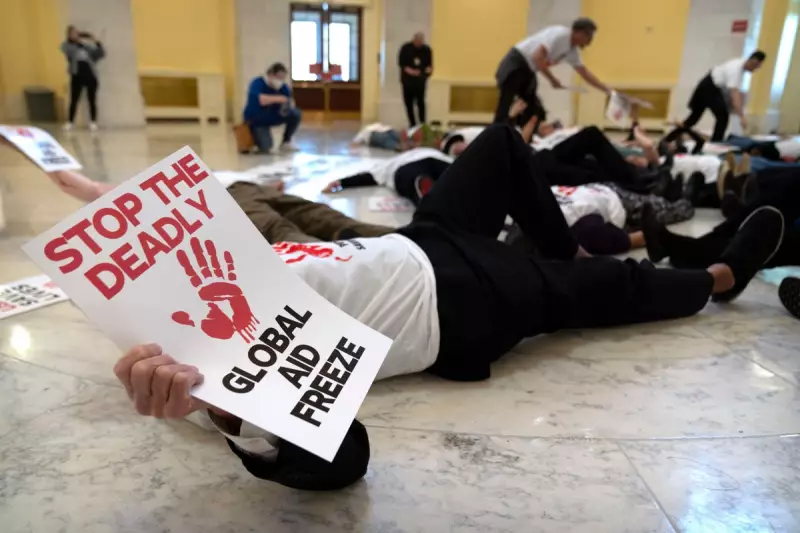
Britain's decision to slash its international aid budget is having catastrophic consequences for global health initiatives, with vital programmes tackling HIV, tuberculosis and malaria facing severe funding shortages.
Funding Crisis Hits Critical Health Programmes
The UK's contribution to the Global Fund to Fight AIDS, Tuberculosis and Malaria has been significantly reduced, putting millions of lives at risk across developing nations. Health organisations report that this funding gap is already forcing them to scale back essential services and treatment programmes.
Devastating Impact on Vulnerable Communities
Experts warn that the aid cuts represent a major setback in the ongoing battle against these deadly diseases. Many community health workers are facing redundancy, while medication supplies and prevention initiatives are being dramatically reduced.
The timing couldn't be worse, as health systems worldwide continue to struggle with the aftermath of the COVID-19 pandemic. Progress made over decades in disease control is now under serious threat, with particular concern for maternal and child health programmes in affected regions.
International Outcry and Domestic Criticism
The funding reductions have sparked condemnation from global health leaders and development charities, who describe the move as short-sighted and damaging to Britain's international reputation. Domestic critics argue that abandoning these commitments undermines the UK's position as a leader in global health security.
With rising infection rates feared in the coming years, the consequences of these cuts may reverberate far beyond the immediate communities affected, potentially creating new health security threats that could impact nations worldwide.





